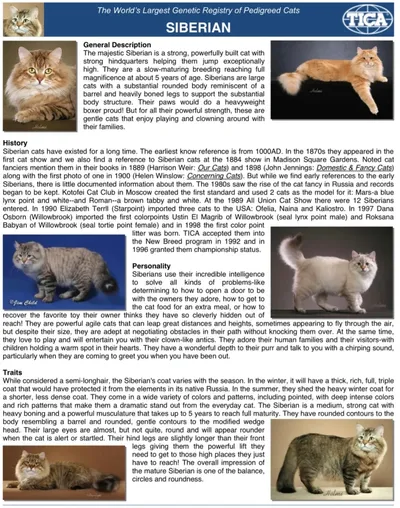Cat allergies
The Siberian cat's hypoallergenic properties are a subject of debate. However, many individuals with allergies have reported no reaction to our cats. New owners of Siberian cats have also had positive experiences. It is important to note that cat allergies are triggered by a protein in the cat's saliva and fur. When cats are cleaning themselves the saliva gets into the fur.The Siberian cat produces less of the allergy-triggering protein, Fel-d1, compared to other breeds. Short hair cats have a higher concentration of Fel-d1 in their fur than long or semi long hair cats.
Studies have shown that living with pets, such as cats, from a young age can reduce the likelihood of developing allergies. Allergy reactions are an exaggeration of the body's immune response and also have psychological factors. All animals with fur or feathers can cause allergies, including cats and dogs. Regular cleaning, limiting the pet's access to certain areas, and bathing can help manage allergies. Puppy dogs generally cause fewer allergies than adult animals. Breed-specific allergens have not been found in dogs. Allergies can change over time, and individuals can react to various substances. Clothing made from animal fur can also elicit allergic reactions. Those who have allergies and are interested in getting a Siberian cat can request cat hair for testing on themselves. Contact information can be found on the website.

